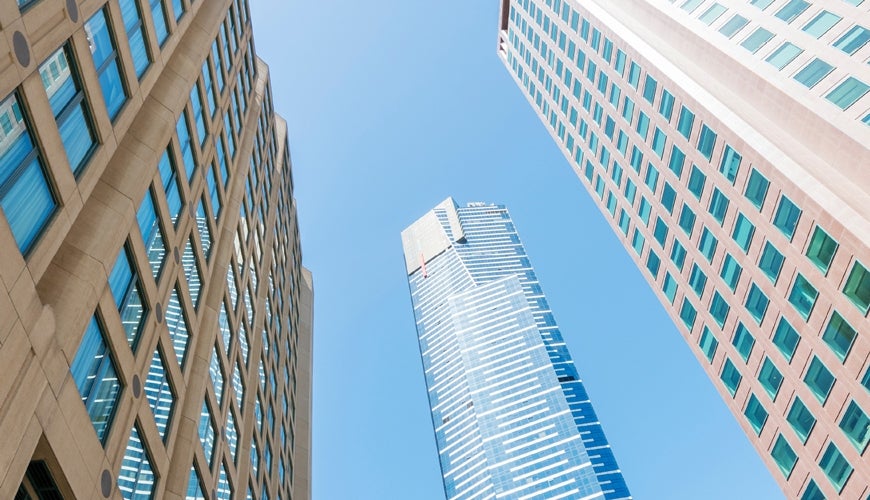Inspection report: Serious human rights concerns in hotel detention

Published:
Topic(s): Asylum Seekers and Refugees
An inspection report by the Australian Human Rights Commission has found serious human rights concerns persist in the use of hotels as Alternative Places of Detention (APODs) within Australia’s immigration detention system.
The report found detention in hotels had severe negative impacts on people’s physical and mental health, which became progressively worse the longer a person was detained.
At the time of the inspections in mid-2022, the average period of detention in hotel APODs was 69 days, and the longest continuous period of detention was 634 days.
Australia’s Human Rights Commissioner Lorraine Finlay said: “Hotels are not appropriate facilities for lengthy periods of detention and should only ever be used in exceptional circumstances and for the shortest possible time.
“This has consistently been the view of the Commission and other oversight bodies, but the use of hotel APODs has become regularised within Australia’s immigration detention system, resulting in ongoing human rights impacts.”
Of the 24 recommendations the Commission made to the Department of Home Affairs in its inspection report, the Department’s official response agreed with two recommendations, disagreed with five, and noted the remaining 17.
Commissioner Finlay said: “Many of these recommendations are longstanding. I hope the Department will accept our offer to work collaboratively in implementing the recommendations, because action is needed to address these ongoing concerns.
“While we welcome the Department’s cooperation in enabling inspections, it is not enough to repeatedly note recommendations by the Commission and other oversight bodies without acting on them.”
The report found hotel detention had serious impacts in limiting people’s freedom of movement; entrenching social isolation, loneliness, and a lack of privacy; insufficient access to fresh air, exercise, or outdoor spaces; and substandard food.
The report found people had little access to programs or activities, which fuelled boredom, frustration and apathy; many people had difficulties accessing medical care, and there were insufficient private spaces for visits by family, friends, or legal assistance.
The report raised concerns about the use of physical restraints (including handcuffs) when people were escorted outside detention facilities, and about the process for releases and the inadequacy of post-release support. It also raised concerns about the role of Ministerial intervention in decisions about the release of people from detention.
The Commission engaged an independent medical expert, Professor Suresh Sundram, to participate in inspection visits and provide advice on issues relating to the physical and mental health of people detained in hotel APODs.
Professor Sundram said: “Hotel detention takes a serious toll on people’s physical and mental health, and the longer people are detained the worse their health tends to become.
“The health impacts are particularly concerning for those who have pre-existing conditions or who have experienced trauma. Many people with chronic conditions have not received the medical care they need, which is extremely concerning.”
The report was based on inspections, interviews, and consultations. The Commission conducts ongoing monitoring of conditions in detention to ensure Australia’s immigration detention system complies with our obligations under international human rights law.
Visit the Commission’s website to find out more, or to download the inspection report and the Department’s response.
Media contact: media@humanrights.gov.au or 0457 281 897
